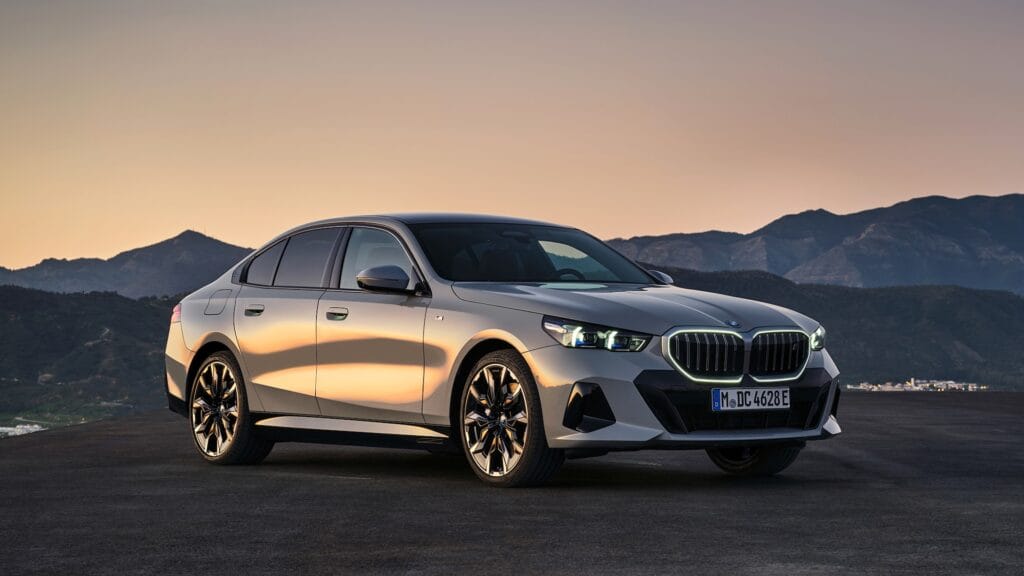In recent years, a surprising shift has taken place in the global automobile market. Japan, a country known for producing world-class cars through companies like Toyota, Honda, Suzuki, and Nissan, is now buying cars from India. Yes, you read that right. Japan, one of the pioneers in car manufacturing, is now becoming a major buyer of Indian-made vehicles. But why is this happening? Let’s dive deep into the reasons behind this growing trend.
1. India’s Growing Manufacturing Strength
India has become a strong base for automobile production. Big companies like Maruti Suzuki, Hyundai, Tata Motors, and Mahindra have invested heavily in building state-of-the-art factories. These manufacturing units use advanced technology, skilled labor, and efficient processes to produce quality cars at affordable prices.
Many global companies now see India as a hub for exporting vehicles. The “Make in India” initiative by the Indian government has also boosted this movement by encouraging more manufacturing and providing support through better infrastructure and policies.
2. Suzuki’s India-Japan Connection
One of the major reasons for Japan importing cars from India is Suzuki. Maruti Suzuki, the Indian arm of Japan’s Suzuki Motor Corporation, is India’s largest car manufacturer. Over the years, Maruti Suzuki has developed efficient production lines and has gained expertise in making small and mid-sized cars.
In 2023, Suzuki started exporting the India-made Fronx compact SUV to Japan. This car, made in Gujarat, became the first Maruti car to be sold under the Suzuki brand in Japan. The Fronx is designed and built in India, but it meets the safety and quality standards of developed countries, including Japan.
This step clearly shows the trust of Japanese carmakers in India’s manufacturing capabilities.
3. Cost Advantage
One of the biggest benefits of making cars in India is lower production cost. Labor costs in India are much cheaper compared to Japan or other developed countries. Even raw materials, land, and maintenance costs are lower.
This allows car companies to build high-quality vehicles at a reduced price. When these cars are exported to Japan, they are still cheaper than many locally made models. This makes them attractive to price-conscious buyers in Japan who want reliable vehicles at a lower cost.
4. Changing Japanese Consumer Behavior
The car buying behavior in Japan is also changing. People in Japan, especially in urban areas, prefer compact, fuel-efficient, and affordable cars. With limited parking space and strict environmental rules, small cars or kei cars (light vehicles) are in high demand.
Indian-made cars like the Fronx fit perfectly into this segment. They are small, efficient, stylish, and come with modern features – all at a reasonable price. For many Japanese buyers, these cars offer value for money.
5. High Quality and Global Standards
Indian cars have improved a lot in terms of build quality, safety features, and technology. Earlier, Indian cars were mostly seen as cheap and basic. But now, cars manufactured in India meet global safety and emission standards.
For example, many Indian-made cars are now exported to Europe, Latin America, and Southeast Asia. These regions have strict rules, and passing them shows the world-class quality of Indian vehicles. Japan importing these cars is further proof of how far India has come in the automobile industry.
6. India’s Role as an Export Hub
India is not just manufacturing for its local market but has become an export hub for many companies. Hyundai, Kia, Volkswagen, Renault-Nissan, and Suzuki export thousands of cars every year from India to different parts of the world.
The Indian government has also supported car exports by building good road and port infrastructure. Ports like Mundra and Ennore are well-connected and play a key role in fast and efficient car shipping. This allows companies to send cars to Japan and other countries without delays.
7. Focus on Clean Mobility
India is also growing in the electric vehicle (EV) and hybrid segment. Japanese consumers are now more interested in eco-friendly transportation. Indian companies like Tata Motors and Mahindra are investing in green vehicles. At the same time, Maruti Suzuki is also developing hybrid and electric versions of its cars in India.
In the near future, we may also see Indian-made electric cars being exported to Japan as the demand for green mobility grows.
8. Strengthening India-Japan Trade Relations
Japan and India share a strong diplomatic and trade relationship. Japan has invested in many Indian infrastructure projects like metro rail, smart cities, and industrial corridors. The friendship between the two countries is helping in building trust in trade, including automobiles.
This mutual trust is one of the reasons why Japanese companies are confident in sourcing vehicles from India for their own market.
Final Thoughts
The fact that Japan, a global leader in car manufacturing, is now importing cars from India shows how the Indian auto industry has evolved. It’s a proud moment for the country. From being a small player in the global market, India is now emerging as a serious competitor and a trusted partner in vehicle production.
With continuous focus on quality, technology, and affordability, Indian-made cars are becoming popular not just in Japan but all over the world. As the trend continues, we can expect more models to be exported from India to Japan and other developed nations.
Car Tips That Actually Help
Skip the jargon. Get real, useful car information that improves your driving, saves your money, and keeps your vehicle running longer.
Raja Yadav, the content writer at My Car Wisdom, brings a unique voice and style to our blog. With a knack for storytelling and a keen eye for detail, Raja ensures that every piece of content is informative, engaging, and easy to understand. His focus is on delivering high-quality articles that cater to both novice car owners and seasoned automotive enthusiasts.




